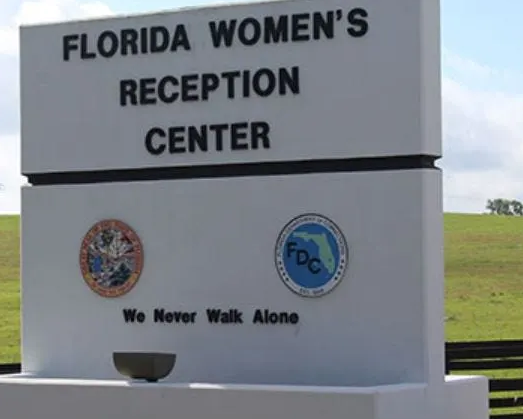February 1, 2024
The Florida House has taken a significant stride regarding teen employment by passing a bill that would allow 16- and 17-year-olds in Florida to work more than 40 hours during the school week. The motion, which received 80-35 approval in a largely party-line vote, has sparked heated debate, with Democrats branding the bill as a potential gateway for teen worker exploitation. The Republican-led measure, entitled "Employment and Curfew of Minors" (HB 49), aims to grant young Floridians more work flexibility. It proposes that 16- and 17-year-olds may work the same hours permitted for adults, including during the school day for homeschooled and virtual learners. It also bars local curfews that could impede these working hours and allows teens to work until 11 pm. Initially, the bill included provisions that would have allowed teens to work overnight, but this was swiftly revoked early in the process, addressing concerns about inappropriate working hours. House Speaker Paul Renner emphasized that the intent was never to have children working late into the night but allowing an appropriate balance to foster more opportunities for teens to earn income. The bill's main proponent, Linda Chaney, a passionate advocate for the legislation, firmly defends it as a means to offer families more choice and opportunities. She emphasizes the positive impact seen in other states with similar laws, where adverse effects on this age group have not been observed. Furthermore, she highlights how this bill will provide greater flexibility for teenagers to work, whether they require additional income to support themselves or have other commitments during the day, such as pursuing education or engaging in extracurricular activities. Through this legislation, Linda believes that young individuals will have the chance to develop valuable skills, gain independence, and contribute positively to society. However, detractors have not been swayed. Critics, primarily Democrats, express concern that the bill undermines long-standing state and federal laws set up to protect younger workers from adverse labor conditions. They also argue that it puts the educational and physical well-being of young workers at risk. They point to research indicating that students who work more than 20 hours a week have lower grades and are more likely to drop out of school. Additionally, concerns have been raised about the potential for employers to take advantage of young workers by overworking them and not providing adequate breaks or protection on the job. They presented a series of amendments, all of which were shut down in the vote, including a crucial one that would ensure teens received mandatory breaks every five hours. The future of the bill now hinges on obtaining approval from the state Senate, a crucial step before it is presented to Governor Ron DeSantis for final consideration. This contentious and thought-provoking discussion centers around the rights and working conditions of young citizens in Florida, highlighting the significance of labor protections and the ongoing societal dialogue about how they should be applied across different age brackets. It serves as a reminder of the complexity and nuances involved in shaping fair and equitable policies that cater to the diverse needs of our society.










